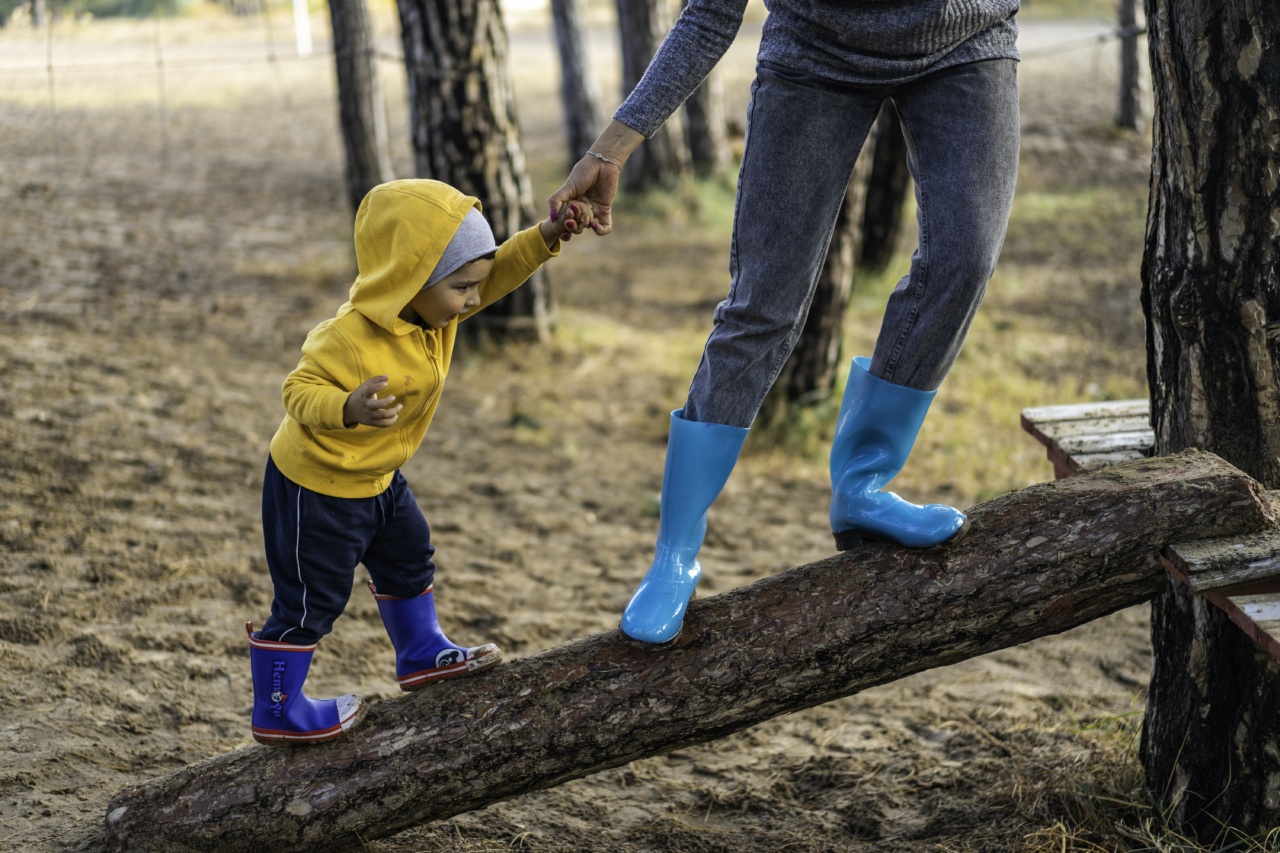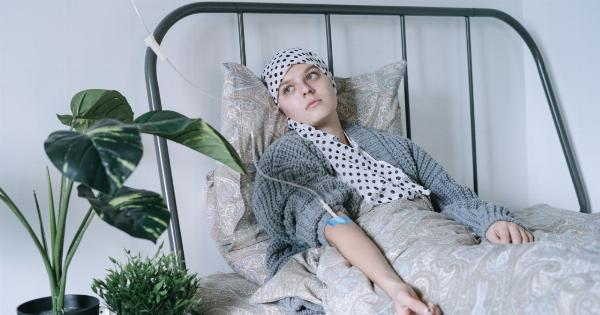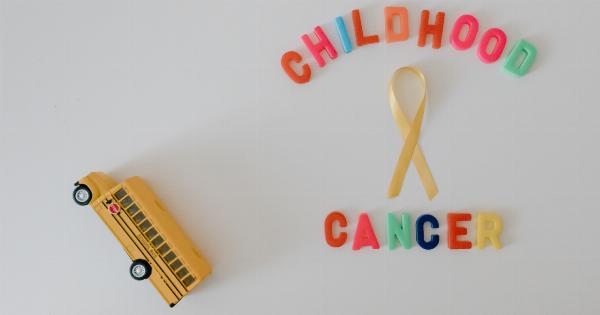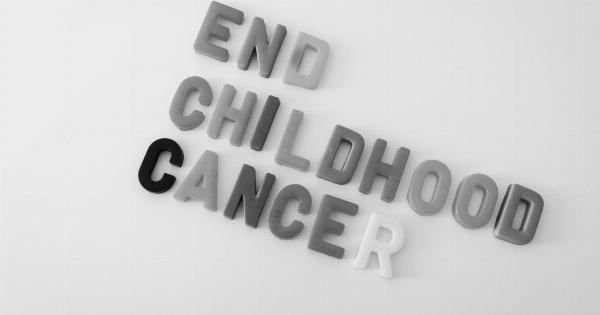Childhood cancer is a devastating disease that affects millions of children around the world. It not only impacts the lives of the young patients, but also their families and communities.
However, with advances in medical research and increased awareness, there is hope for a better life for these kids. Together, we can make a difference in ensuring a brighter future for children battling cancer.
Understanding Childhood Cancer
Childhood cancer refers to the various types of cancer that affect children below the age of 18. It includes leukemia, brain tumors, neuroblastoma, and lymphoma, among others.
Childhood cancer is different from adult cancer in many aspects, including the types of cancerous tumors that develop and the way they respond to treatment.
The Impact on Children and Families
A diagnosis of childhood cancer can turn a child’s life and his or her family’s life upside down. The emotional toll, financial burdens, and physical challenges faced by families can be overwhelming.
The child may experience pain, fear, and the side effects of treatment, which can disrupt their education, social interactions, and overall development.
Advancements in Treatment
The field of pediatric oncology has made significant progress in the past few decades. Researchers have developed more targeted therapies and innovative approaches to treating childhood cancer.
Chemotherapy, radiation therapy, and surgery remain the primary treatment options, but now they are supported by immunotherapy, targeted therapy, and stem cell transplantation.
Promoting Awareness
One of the essential steps in fighting childhood cancer is raising awareness. By educating the public about the signs and symptoms of childhood cancer, we can ensure early detection and timely intervention.
Awareness campaigns play a crucial role in dispelling myths surrounding childhood cancer and advocating for more significant investments in research and resources.
Supporting Families
Families facing childhood cancer need a robust support system to navigate through the challenges they encounter. Various organizations and support groups provide emotional, financial, and practical assistance to families.
They offer counseling services, financial aid, transportation, and accommodation support, ensuring that families can focus on their child’s treatment and recovery without worrying about the additional burdens.
Psychosocial Support for Children
Aside from medical treatment, children with cancer require psychosocial support to promote their emotional and mental well-being.
Play therapists, child life specialists, and art therapists help children express their feelings, cope with fears, and maintain a sense of normalcy during treatment. Psychosocial support programs also facilitate connections among children with cancer, allowing them to share experiences and build friendships.
Improving Survivorship
With advancements in treatment, the number of childhood cancer survivors has been increasing. However, survivors often face long-term health issues and psychological challenges due to the disease and its treatment.
Therefore, healthcare providers and researchers focus on improving survivorship care, ensuring that survivors receive comprehensive follow-up care and assistance throughout their lives.
Promoting Research
Continued research is essential to unlock new treatments, enhance survivorship care, and ultimately find a cure for childhood cancer.
Funding for pediatric cancer research is vital to support scientists and clinicians in their quest to unravel the mysteries of childhood cancer and develop innovative therapies. Governments, philanthropists, and the public need to join forces to prioritize this field of research.
The Role of Advocacy
Advocacy plays a vital role in improving the lives of children with cancer.
Individuals and organizations can advocate for policies that prioritize childhood cancer research, increase funding for treatment, and enhance support systems for affected families. By raising their voices, advocates can bring about positive change and make childhood cancer a national and international priority.
A Global Effort
Childhood cancer knows no boundaries. It affects children from all walks of life, regardless of their geography, ethnicity, or socioeconomic status.
Therefore, it is crucial to foster international collaborations to share knowledge, resources, and expertise. Together, we can build a global network that strives towards eradicating childhood cancer and ensuring a better life for kids worldwide.
Conclusion
As we stand together for childhood cancer, we can make significant strides in improving the lives of children battling this disease.
By promoting awareness, providing support, advancing research, and advocating for change, we can ensure a brighter future for these brave young warriors. Let’s join forces and work towards a world free of childhood cancer, where every child can live a healthy and fulfilling life.
























